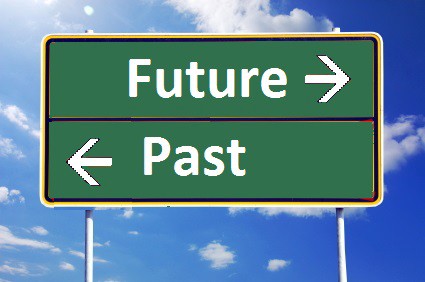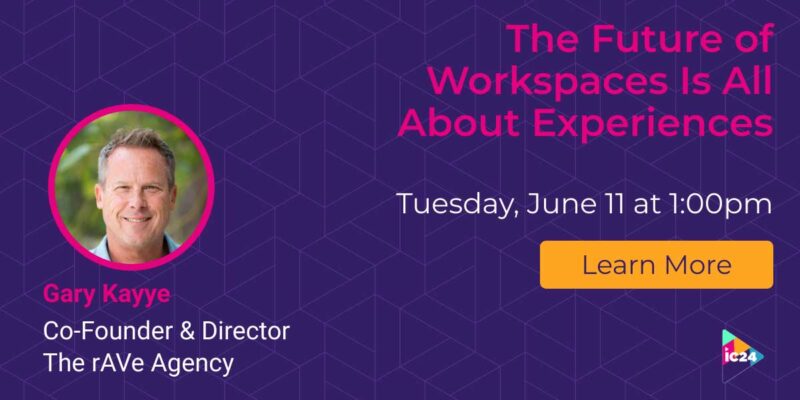What Business Are YOU In?
I had the opportunity to attend the Almo E4 event in Anaheim, California, earlier today. If you’ve ever been to an Almo event, you know that rAVe founder Gary Kayye usually kicks off the day with a thought-provoking keynote, and this E4 was no different.
I won’t give away the whole talk, as Almo still has E4 events coming up in Chicago, DC and NY. However, one part of the talk really spoke to me. Gary shared that he had a former HBO executive come into his advertising and branding class at the University of North Carolina at Chapel Hill. One of his students asked the executive if he “felt bad” about deciding to release movies directly to HBO Max on the same date as their theatrical release, seeing that it was potentially hurting the theaters. The executive’s answer was straight and to the point: “We’re not in the preservation business.” His business was to generate as many views on the content as possible, regardless of platform.

The reason this spoke to me is because many industries and their respective leaders and employees get caught up in paradigms that may no longer be valid today.
There’s a business owner here in Los Angeles named Sean Kelly. Sean started a business in 2014 called Snack Nation. Snack Nation, in essence, curated healthy snacks from emerging brands and delivered them to the break rooms of companies that wanted to provide unique amenities for their staff. It was a subscription service for the break room, and it was doing very well.
In 2020, with a forced exodus from the office, things changed a little bit. Now, like many business owners, I’m sure Sean could’ve hunkered down and tried to wait out the “Return to Work” storm. I mean in 2020, few of us imagined it would be a two-year interrupt. However, that’s not what Sean did. Instead of hoping the old world would come back, in September of 2020, he adjusted their services and changed the name of his company to Caroo.
Caroo is a software-enabled employee care platform that delivers healthier snacks, curated lifestyle products and team-building experiences to employees, regardless of where they sit and work each day. They allow companies to connect on a deeper level with their people and promote physical and mental wellness.
In other words, Sean’s company was not (and never was in) the “snack delivery” business. They were in the “employee care” business, and there were ways to deliver care to employees through curated products and experiences, even if they NEVER went back to an office.
I see people in our industry share and revel in the memes about Airbnb owning no rooms and Uber owning no cars, but then when those same people go back to their desks tomorrow, most of them will sit down and design AV systems for people returning to the office that look nearly identical to the ones they designed in 2019.
Sure, marketing will package them in terms like Collaboration, Hybrid, Hyflex and Work from Anywhere, but those terms are often just utilized in buzzword bingo and don’t actually make it down to the system design and implementation level.
To understand exactly why, you really need a much deeper idea of why people resist change, about the concept of sunk costs, and about how companies disincentive R&D. But whether you understand the “why” or not, it is definitely time to ask the question, “What business are WE in?”
Once you answer that, you then have to do the hard, grinding work of auditing your company and asking if I were to build my business TODAY, would I build it the same way? Would I offer the same products and services? Would I serve the same markets? What type of employees would I need to be successful? Are they here and able to realign themselves or do I need to hire some new or different people? Just like the former HBO executive, we are not in the preservation business.
Are you trying to preserve the past, or are you trying to build your future?





